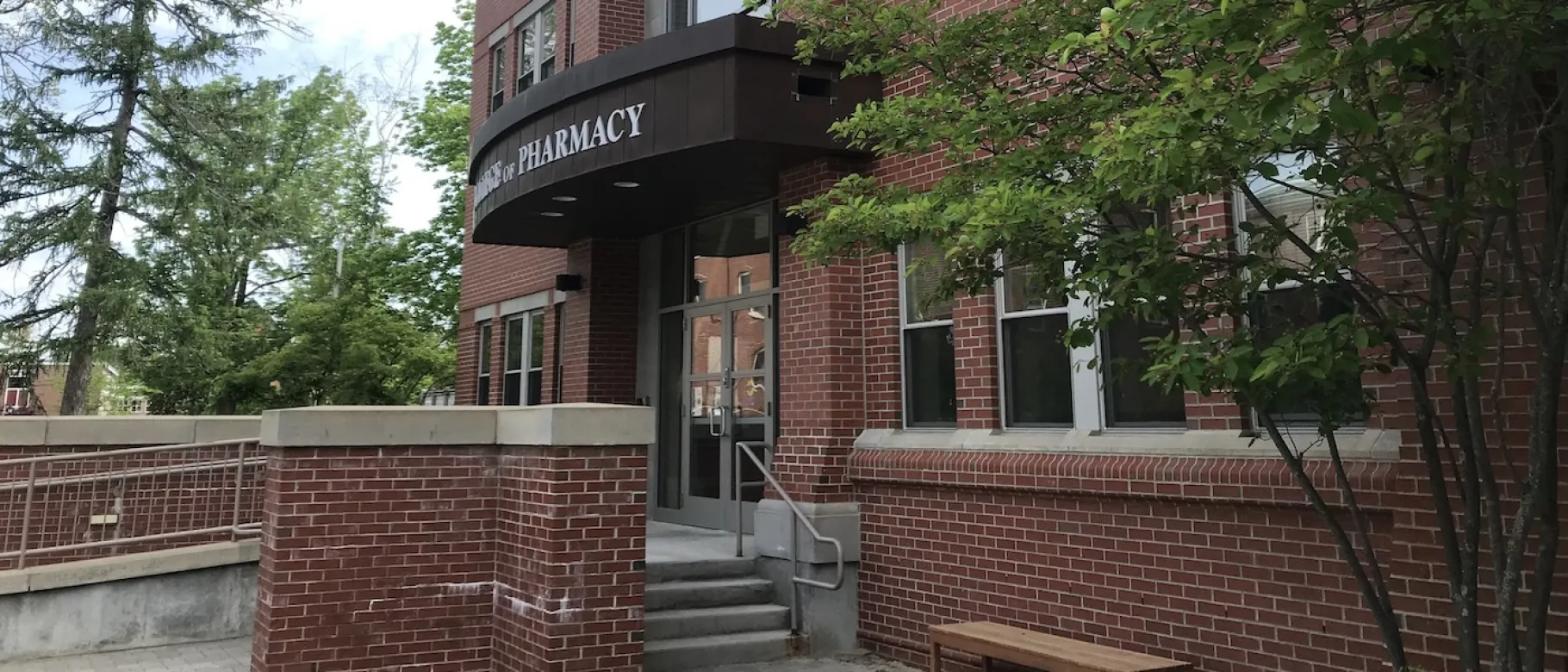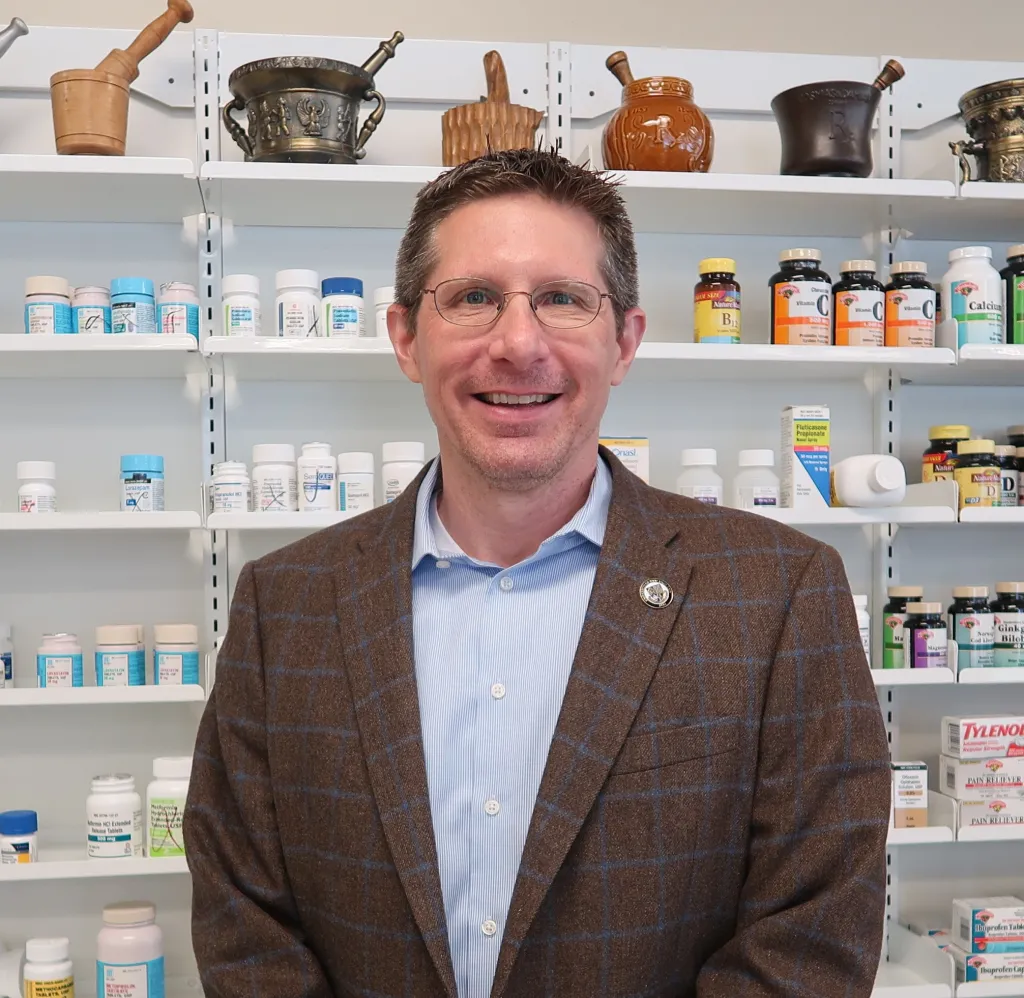New Maine law recognizes pharmacists as health care providers

On June 10, Maine Governor Janet Mills signed LD 603 "An Act Regarding the Practice of Pharmacy" into law. This new public law amends the Maine Pharmacy Act to officially define the practice of pharmacy as the provision of health care services and recognizes pharmacists as providers of health care services.
Kenneth McCall, PharmD., B.S., professor and director of Residency Programs and Professional Affairs in the School of Pharmacy, worked with the Maine Pharmacy Association and others in the industry to get the bill passed into law.
“Pharmacy graduates from UNE who choose to stay and work in Maine will now have more opportunities over the course of their careers to serve the public with the full scope of their license,” McCall said.
Pharmacists offer services beyond dispensing medications – a fact that became more visible during the pandemic.
“The evidence has shown for a long time that pharmacists make a significant impact on a patients overall health, but I think that was even more front and center during the pandemic,” McCall stated. “For the first time many people went to a pharmacy to get a screening test, such as a COVID test, and many more people for the first time went to their pharmacist for a vaccination, even though we've been providing those services for years.”
Pharmacists in Maine can also prescribe Naloxone, a medication that rapidly reverses an opioid overdose. In addition, they also provide comprehensive medication reviews for patients.
McCall is hopeful that passage of this new law will lead to more opportunities for pharmacists to take part in the delivery of health care services.
“That will ultimately mean greater access for patients, especially in underserved rural communities,” McCall explained. “There can be barriers to providing services within our scope of practice in systems where we are not recognized as providers. This law opens up opportunities for us to better serve our patients.”
